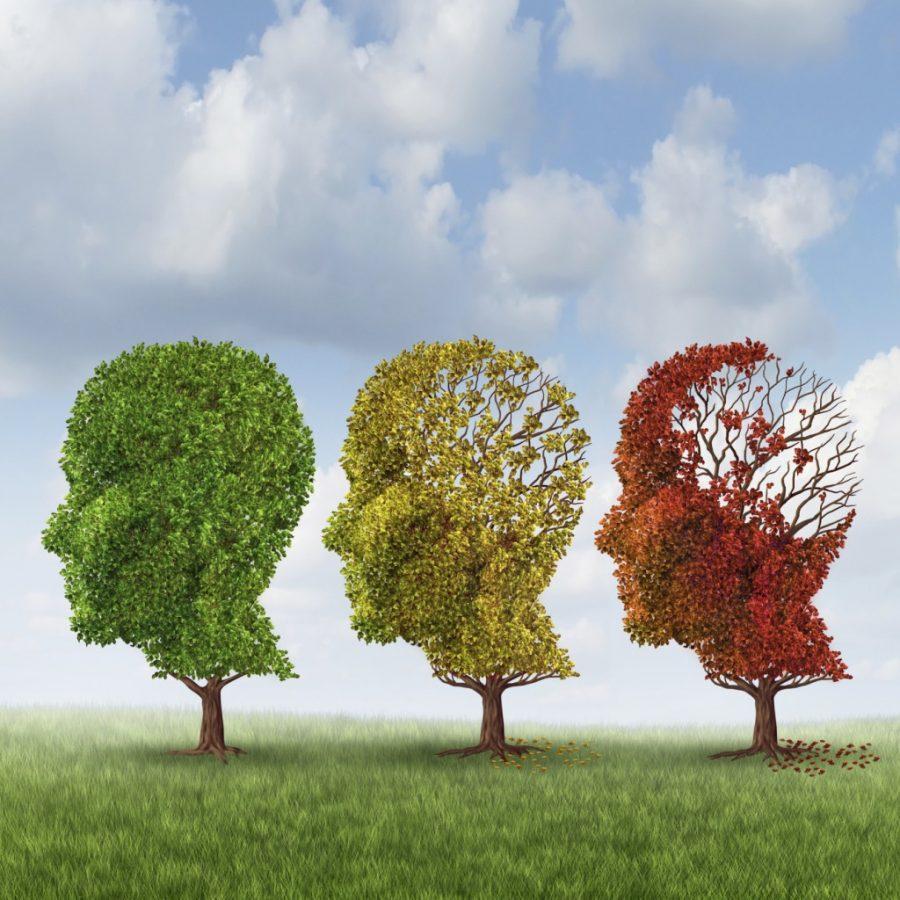Memorization
Courtesy of home.isr.umich.edu
THE MIND: We all have good and bad memories. There are those that we’d like to erase and some we’d like to strengthen. Find out how our minds are capable of remembering all these things.
You pick out your favorite shirt from your closet. You remember the story behind that shirt because you remember begging your mom for that shirt when you were at the mall. You grab the bracelet that’s on your drawer and slip it onto your wrist. You remember that bracelet because you liked the way that bracelet looked so you stole it from your best friend. You kept it because you remember that she didn’t care that you took it from her.
We do stuff every day, from going to school in the morning to getting picked up late because your mom forgot about you. We all remember these little events that happen in our daily lives.
Not only do we remember, we also forget some things. I mean think about it, you won’t memorize everything you studied for your test on Friday. But we somehow memorize the lyrics to that song that’s been stuck in your head for about a week now.
There’s a reason behind all this.
The explanation behind how memories are created relates to when a specific event happens. The experience is converted into a pulse of electrical energy that goes along a network of neurons.
The information first goes to the short-term memory, where it’s available from anywhere from a few seconds to a couple minutes. Then it’s transferred into the long-term memory in areas such as the hippocampus. Lastly it goes into many storage areas across the brain.
Neurons communicate by synapse. When two synapses connect, their bond gets stronger and the memory does too. That is a process called long-term potentiation. This is a mechanism by which memories are stored long term.
Most memories that get lost are due to more than one reason. One of them is old age. Obviously, we know that when we get old we start to forget things, because our neurotransmitters aren’t as strong as they used to be. Or our synapses begin to weaken and they can no longer be connected, therefore the memory won’t be as strong as it used to be.
Our memories are stored when we are deeply engaged and when information is meaningful to us. But mental and physical health problems interfere with our ability to pay attention and learn.
Chronic stress is another problem that interferes with our ability to memorize things. Chronic stress is when you’re worrying over something and it’s taking up your mind. This causes your brain to overflow with stress chemicals, resulting in a loss of brain cells, but also enables you to create new ones.
People with depression are 40 percent more likely to develop memory problems. That is because they can’t stop thinking about their past, therefore they are not really interested in new information.
Isolation is another factor in memory problems. A study by the Harvard School of Public Health concluded that “older people with high levels of social integration had a slower rate of memory decline over a 6 year period. The exact reason remains unclear but experts suspect that social interaction gives our brain a mental work-out. Just like muscle strength, we have to use our brain or risk losing it.”
There are ways you can prevent this from happening so soon. If you stay physically active you can preserve your memory and keep your brain healthy. This can help increase blood flow to the brain.
If you want your brain to keep functioning correctly, you must eat well. Another thing that can help is challenging your brain. Give it a workout, like learning a new language. This is one of the best things you can do to prevent your brain from wearing out.

Hey, my name is Yorgelis but most people call me Yambo (that's my last name). I'm a senior and the career path I'm in is Journalism. I love writing...


